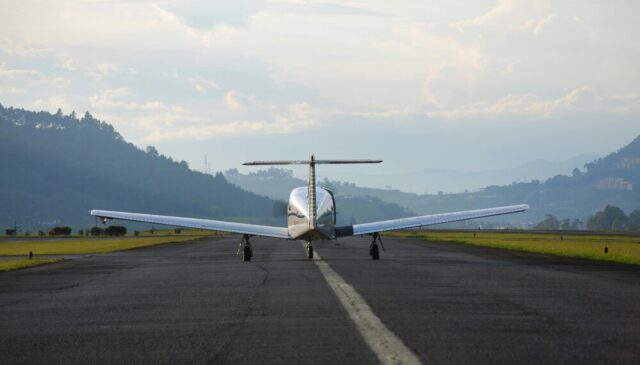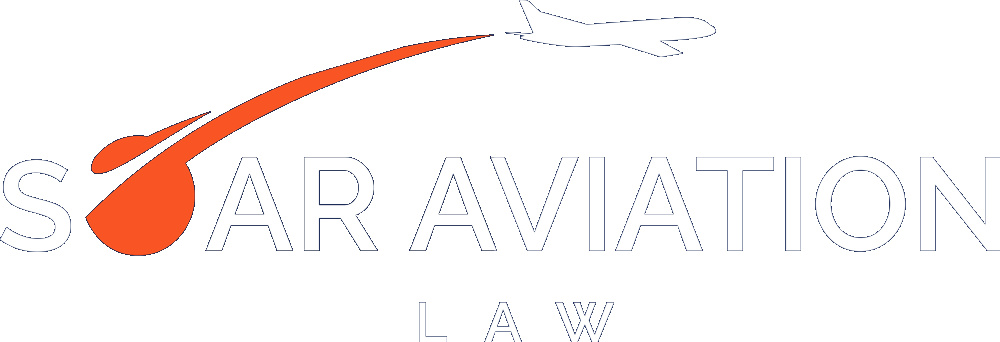
Last month we explored purchasing a foreign registered aircraft and the necessary steps to move the aircraft onto the United State registry. This month we will examine the steps when an aircraft owner is selling their aircraft to a buyer who will be moving the aircraft from the United States registry to a foreign registry. While each country is different, certain key factors should be considered when an aircraft is being deregistered from the United States registry and registered elsewhere upon closing.
- Export Certificate of Airworthiness The buyer will likely require, under the aircraft purchase and sale agreement (the “APSA”), that the seller deliver the aircraft with an export certificate of airworthiness. The cost of this should be borne by the buyer. The inspection facility will be responsible for producing the export certificate of airworthiness. As such, when selecting the inspection facility, it is imperative to understand the inspection facility’s experience with the types of inspections necessary to produce an export certificate of airworthiness. In addition, when the export certificate of airworthiness is issued, there may be exceptions listed on the certificate. As a seller, you do not want to be obligated to pay to resolve any exceptions. Therefore, if the buyer is allowed to resolve any exceptions prior to closing, necessary protections need to be built into the APSA.
- Aircraft Improvements Prior to Closing Under the APSA it must be clear that the aircraft is being sold as a United States registered aircraft. Any modifications to the aircraft that may be necessary in order for the aircraft to be registered in a foreign jurisdiction are (i) completed after the sale occurs and (ii) at the expense of the buyer. However, circumstances and/or negotiations of the APSA may not allow for the foregoing limitations. If certain modifications are permitted prior to closing, protections for the seller (in the event the closing does not occur) need to be included in the APSA. Furthermore, prior to seller committing to such obligations, it is important to understand the amount of time any modifications will take and parts availability, as the timing of closing could be delayed as a result of the modifications. As an example, I have been involved in several transactions where the parts necessary to convert the aircraft were not readily available and such delay impacted the closing date.
- Customs Export Aside from the deregistration process with the United States registry (FAA), there is a customs export process that must be accomplished with a United States customs broker. Seller has a duty to make sure the aircraft is property exported from the United States. The APSA should designate who hires and pays the United States customs broker, what role the parties will assume in the export process and, if possible, identify the specific customs broker.
- Closing Location The closing location of the sale will be important to both parties and will be negotiated and documented in the APSA. Generally, as a seller you do not want to have the aircraft moved outside of the United States to a foreign jurisdiction prior to closing due to the risks of not closing and unfamiliarity with the closing process and tax consequences in a foreign jurisdiction.
- Funding Another consideration to clearly document in the APSA is the timing of the deregistration and release of funds. A seller would not want to go through the process of deregistration of the Aircraft before receipt of funds. Conversely, the buyer would not want to release funds before the aircraft is deregistered. Having a reliable and knowledgeable escrow agent and clear closing process set forth in the APSA, including irrevocable escrow instructions, can often help bridge the gap between the parties’ desires.
- Title A seller of a United States registered aircraft, that will be deregistered and transferred to a foreign jurisdiction as a part of providing clear title, may be asked to provide complete chain of title documentation (back to birth bills of sale) and a legal opinion on title. Prior to committing in the APSA to provide complete chain of title back to the original manufacturer, the seller shall ensure this is something that can be obtained. If the aircraft has always been registered in the United States, a complete chain of title will be available through the FAA registry records. However, if the aircraft has previously been on a foreign registry, the documentation may not be in the possession of the current seller.
- Invoice For the registration process and import process in a foreign jurisdiction, an invoice for the sale of the aircraft may be required. This is not a standard document in a domestic sale of a pre-owned aircraft. As a result, seller should confirm if buyer is going to require an invoice. If an invoice is required, the form of the invoice should become an exhibit to the APSA and finalized as part of the other closing documents just prior to the sale.
As discussed in Part 1, cross-border transactions are more complicated but with the right team behind the transaction they can result in the best outcome for both the buyer and the seller.
